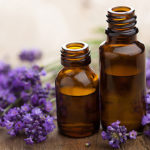There are various types of essential oils, each with its own unique composition and benefits. Join us as we delve into the world of popular essential oils and uncover their incredible impact on our daily lives.
1 What are Essential Oils?
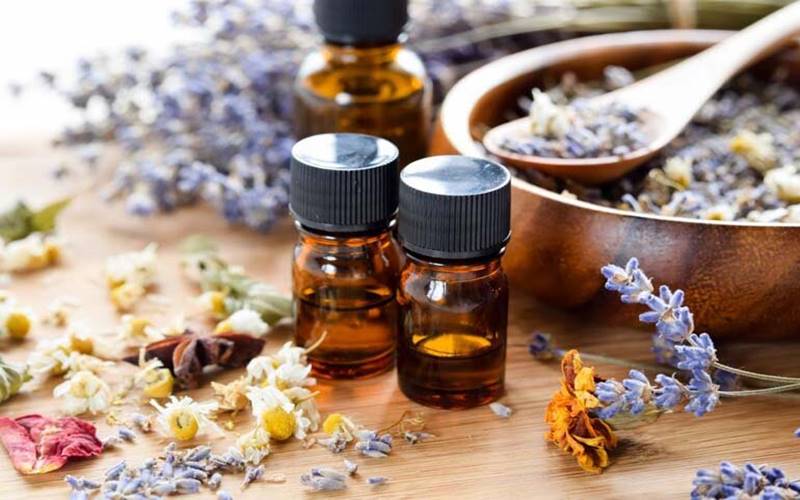 What are Essential Oils?
What are Essential Oils?
Essential oils are aromatic compounds derived from plants, each with its own unique fragrance depending on the source plant. These oils are typically obtained through steam distillation or cold pressing, and the aromatic chemicals are combined with a carrier oil to create a fragrant essential oil for use.
2 Popular Essential Oils
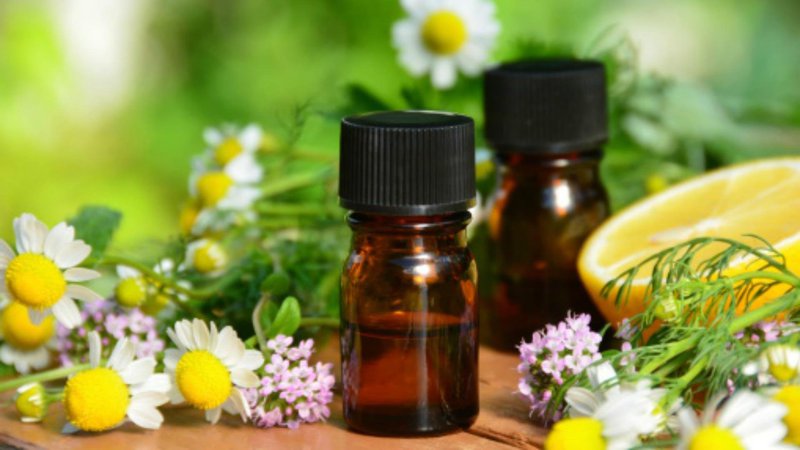 Popular Essential Oils
Popular Essential Oils
There are over 90 varieties of essential oils, each offering distinct benefits to our well-being. Some of the most common essential oils you’ll encounter include:
-
: Boosts energy levels and aids digestion.
-
: Reduces stress and promotes relaxation.
-
Sandalwood Oil: Soothes the nervous system and enhances focus.
-
: Enhances mood and creates a calming atmosphere.
-
: Improves mood and induces relaxation.
-
Tea Tree Oil: Fights inflammation and boosts immunity.
-
Lemon Oil: Supports digestion and alleviates headaches.
3 Health Benefits of Essential Oils
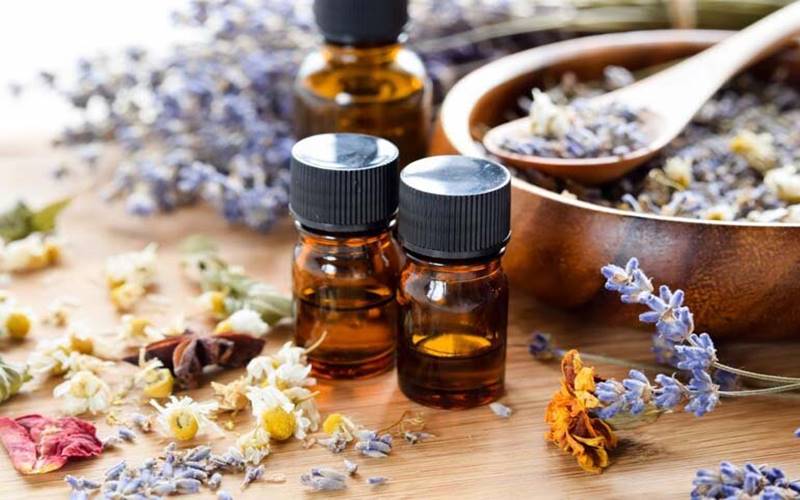 Health Benefits of Essential Oils
Health Benefits of Essential Oils
Relieve Headaches and Migraines
According to studies in the 1990s, applying a combination of peppermint oil and ethanol to the forehead effectively reduced headache symptoms in participants. Additionally, a blend of chamomile oil and sesame oil has been found to alleviate headaches and migraines.
Improve Sleep Quality
Lavender oil has been studied and proven to enhance sleep and improve sleep quality in postpartum women and patients with heart disease.
Reduce Inflammation
While there are limited studies on the anti-inflammatory effects of essential oils, a mouse study revealed that rosemary and oregano oils could help reduce colitis.
Freshen the Air
One of the key advantages of essential oils is their powerful air freshening properties. During periods of unfavorable weather or unpredictable climate changes, coupled with body odor, indoor air can become stale and unpleasant. This is when a natural essential oil blend, such as , ,…comes to the rescue, infusing your space with a refreshing and soothing aroma.
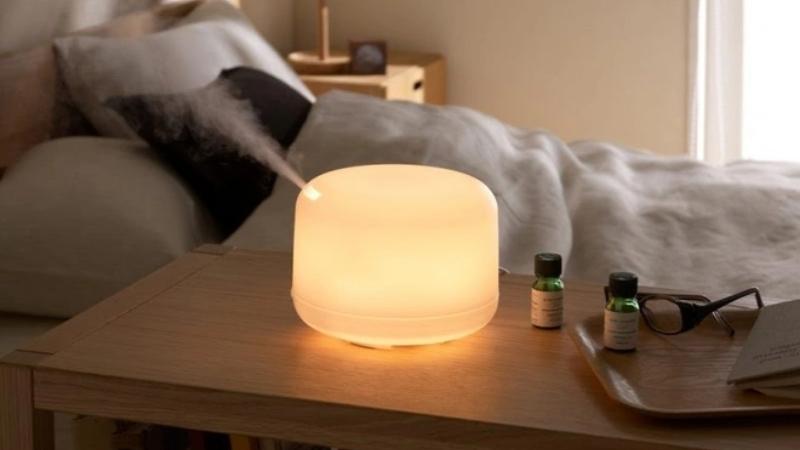 Freshen the Air
Freshen the Air
Reduce Stress and Anxiety
The aromas of essential oils are highly effective in treating stress and anxiety symptoms. Combining essential oils with massage therapy can further enhance their calming effects.
 Reduce Stress and Anxiety
Reduce Stress and Anxiety
Moisturize the Air
Another notable benefit of essential oils is their excellent moisturizing properties. In air-conditioned rooms, where the air tends to be dry and cold, sensitive skin is more prone to allergies. Adding a touch of essential oil can help balance the moisture content in the air, reducing the dryness and preventing skin irritation. It’s advisable to use room sprays containing essential oils or create your own blend by mixing essential oils with a small amount of warm water and spraying it around the room, closets, and corners. However, remember to draw the curtains to allow the fragrance to permeate the space.
 Moisturize the Air
Moisturize the Air
Repel Mosquitoes and Insects
Regular use of essential oils in living spaces can also help ward off mosquitoes and insects effectively. Common essential oils for this purpose include ,, and peppermint…The unique properties of these botanical oils make them excellent natural insect repellents.
 Repel Mosquitoes and Insects
Repel Mosquitoes and Insects
4 Common Methods of Using Essential Oils
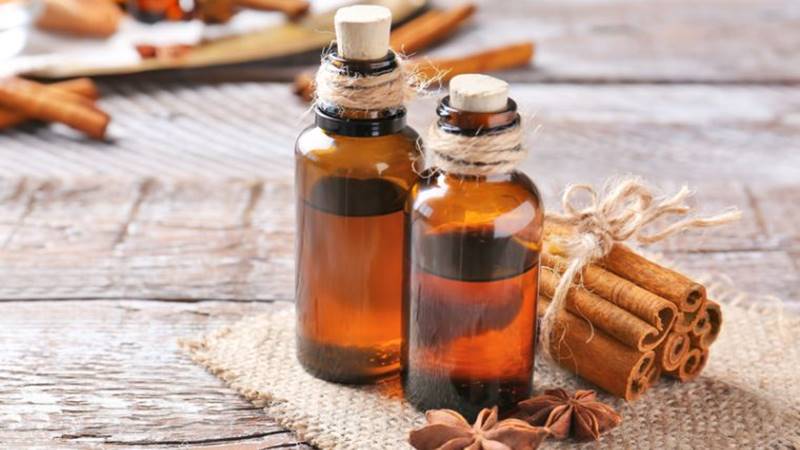 Common Methods of Using Essential Oils
Common Methods of Using Essential Oils
The most common way to use essential oils is through diffusion, either with a machine or a bottle, to disperse the fragrance. The aroma from essential oils can stimulate areas of the limbic system in the body, influencing behavior, emotions, and sense of smell.
It is important to note that essential oils should not be ingested. Other methods of application include topical use, combined with massage for relaxation, or spraying on items like pillows, blankets, and curtains to enhance mood and fragrance.
5 How to Choose the Right Essential Oil
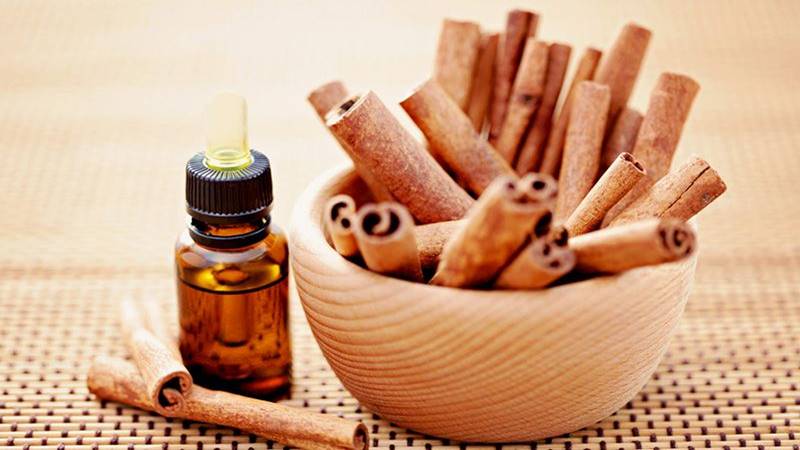 How to Choose the Right Essential Oil
How to Choose the Right Essential Oil
When selecting an essential oil, consider the following factors:
-
Purity: Opt for oils that are free from additives or synthetic compounds. Pure oils typically list the botanical name of the plant, such as Lavandula officinalis (lavender).
-
Quality: Choose oils that are free from chemical additives and have undergone mechanical cold pressing or steam distillation processes.
-
Brand: Purchase from brands with a clear origin and reputation to ensure high-quality products.
6 Precautions When Using Essential Oils
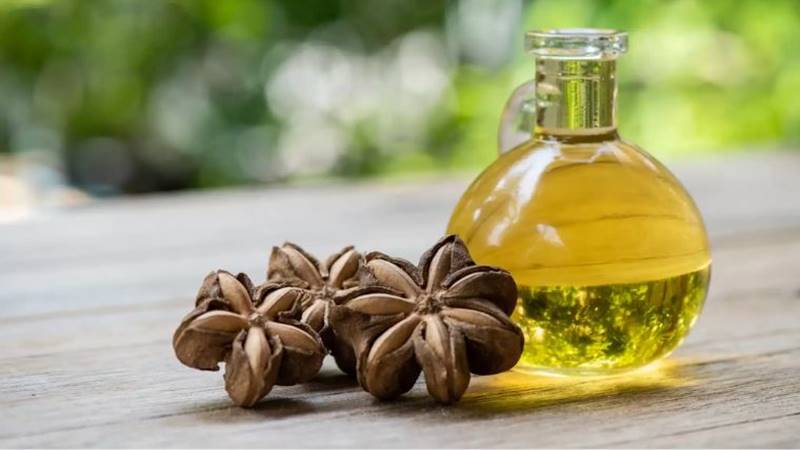 Precautions When Using Essential Oils
Precautions When Using Essential Oils
-
When applying essential oils to the skin, always use a to ensure safety. Additionally, it is advisable to avoid using essential oils on certain groups, such as pregnant women and young children.
-
Essential oils can cause side effects like rashes, asthma, and headaches if your body cannot adapt to the chemicals they contain.
-
Cinnamon oil contains high levels of phenol, a skin irritant. Therefore, it should not be applied directly to the skin without first being mixed with a carrier oil.
-
Do not ingest essential oils as it can lead to dangerous symptoms and even death.
This article has provided a comprehensive overview of essential oils and their benefits to your health and daily life. We hope you found this information valuable and insightful!
Source: Vinmec.com
























